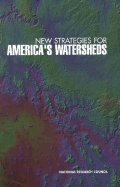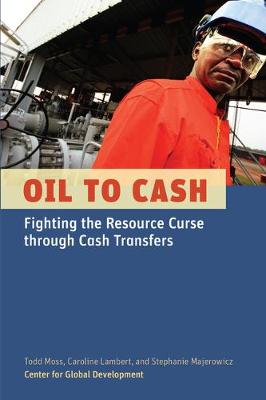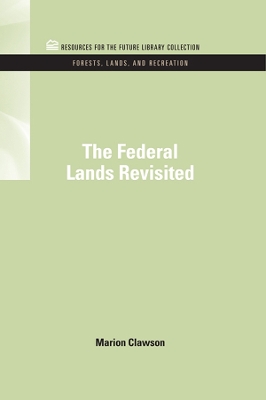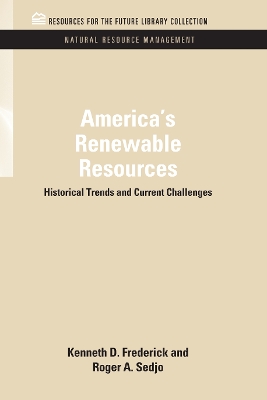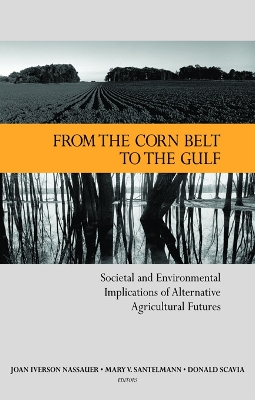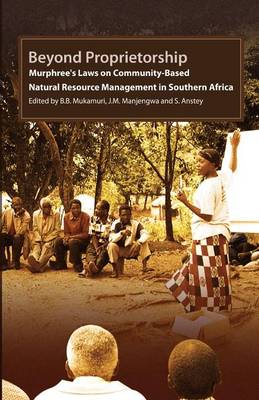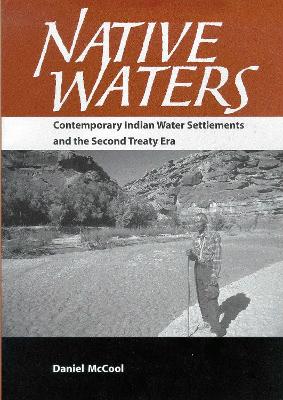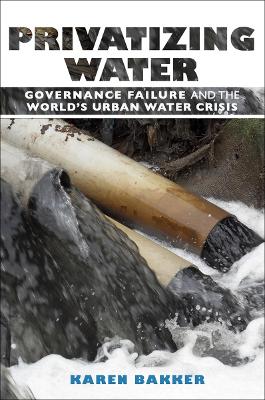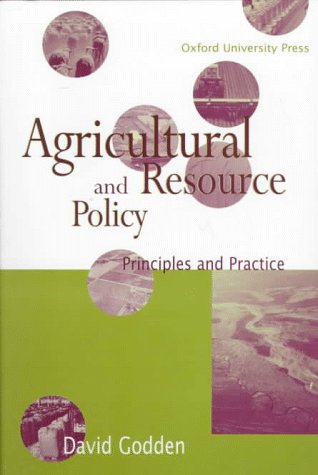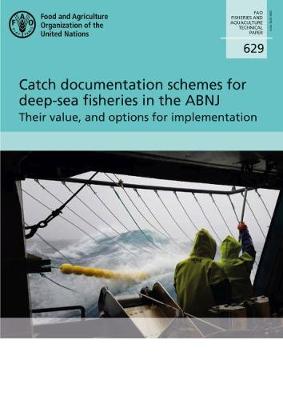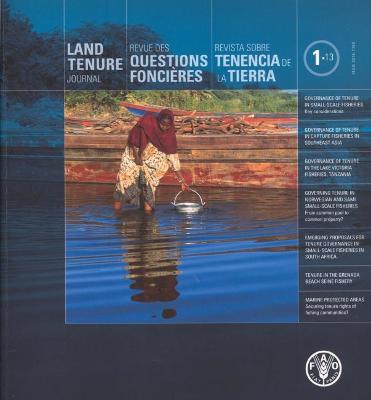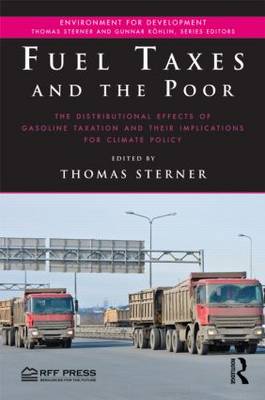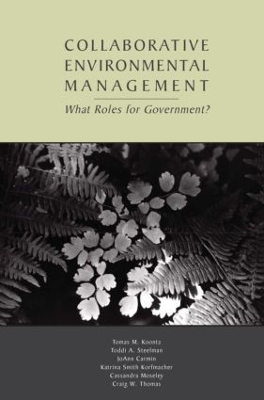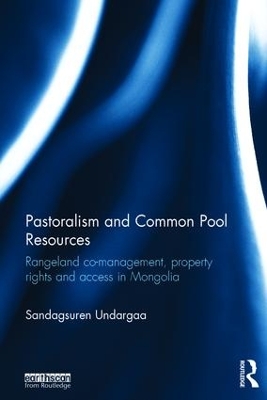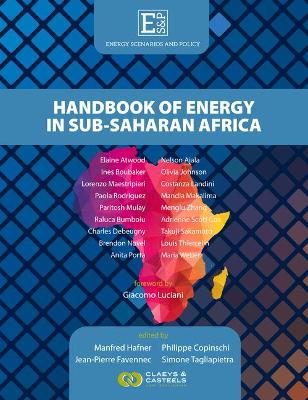This timely collection of essays examines the legal and regulatory dynamics of energy transitions in the context of emerging trends towards decarbonisation and low-carbon energy solutions. The book explores this topic by considering the applicable energy law and policy frameworks in both: (i) highly industrialised and major economies such as the US, EU, China and Australia; (ii) resource-rich developing countries such as Nigeria and regions like Southern Africa. Comprising 16 chapters, the book...
What should a country do if it suddenly discovers oil and gas? How should it spend the subsequent cash windfall? How can it protect against corruption? How can citizens truly benefit from national wealth? With many of the world's poorest and most fragile states suddenly joining the ranks of oil and gas producers, these are pressing policy questions. Oil to Cash explores one option that may help avoid the so-called resource curse: just give the money directly to citizens. A universal, transpare...
The Federal Lands Revisited (RFF Forests, Lands, and Recreation Set) (Resources for the Future)
by Marion Clawson
First Published in 2011. Routledge is an imprint of Taylor & Francis, an informa company.
America's Renewable Resources (RFF Natural Resource Management Set)
by Kenneth D. Frederick and Roger A. Sedjo
By recording one country's experience with its vast natural resource base, America's Renewable Resources: Historical Trends and Current Challenges will help to inform the management of future demands on the resource base in the U.S. and throughout the world. The contributors focus specifically on renewable resources--water, forests, rangeland, cropland and soils, and wildlife--which possess the capacity to restore themselves after they have be consumed. Because this capacity can be destroyed and...
From the Corn Belt to the Gulf
Nutrients from farms in the Mississippi River Basin are the leading cause of the Gulf of Mexico's 'Dead Zone,' a 5,000 to 7,000 square mile region where declining oxygen levels are threatening the survival of marine life. From the Corn Belt to the Gulf explores how new agricultural policy can help alleviate this problem, and at the same time improve water quality overall, enhance biodiversity, improve the quality of life for the people who live and work in Corn Belt communities, and relieve down...
Measuring and Apportioning Rents from Hydroelectric Power Developments (World Bank Discussion Paper, #419)
by Mitchell S Rothman
Hydro resources are provided by nature. The exploitation of such resources can generate significant economic rent to the owners. In the past, governments have usually claimed ownership of hydroelectric resources and passed on the rents to their state-owned utilities, which have used them to expand their systems or provide lower tariffs to their consumers. With the restructuring of the electric power sector in many countries, a more explicit consideration of hydroelectric rents is required. Moreo...
Beyond Proprietorship. Murphree's Laws on Community-Based Natural Resource Management in Southern Africa
Water supply privatization was emblematic of the neoliberal turn in development policy in the 1990s. Proponents argued that the private sector could provide better services at lower costs than governments; opponents questioned the risks involved in delegating control over a life-sustaining resource to for-profit companies. Private-sector activity was most concentrated—and contested—in large cities in developing countries, where the widespread lack of access to networked water supplies was charac...
The key to good policy analysis is asking the right questions about existing or proposed policies. This book explains how to analyze agricultural and natural-resource policy with particular emphasis on Australia. This text aims to develop a systematic theoretical framework that integrates economic efficiency and public choice analysis. It should enable students to understand the principles that underpin good policy-making, how economists understand and evaluate the policy-making process, and how...
The Commentary on the Energy Charter Treaty (ECT) provides a unique, article-by-article, textual analysis of this important international agreement. The ECT provides a multilateral framework for cross-border cooperation in the energy sector based on the principles of open competitive markets and sustainable development. By binding governments to commitments that guarantee open markets, non-discrimination, and access to foreign investment, the ECT aims to strengthen the global rule of law on ene...
Managing Natural Wealth
by Jeffrey R. Professor Vincent and Rozali Professor Mohamed Ali
The remarkably rich natural environment of Malaysia attracts the interest of both industry and the environmental community. Managing Natural Wealth analyzes major natural resource and environmental policy issues in the country during the 1970s and 1980s-a period of profound socioeconomic change, rapid depletion of natural resources, and the emergence of serious problems with pollution. Managing Natural Wealth is an important up-date to Environment and Development in a Resource-Rich Economy: Mala...
Field Sampling for Environmental Science and Management
by Richard Webster and Murray Lark
Scientists and consultants need to estimate and map properties of the terrestrial environment. These include plant nutrients and parasites in soil, gaseous emissions from soil, pollutant metals and xenobiotics in waste and contaminated land, salt in groundwater and species abundances above ground. The scale varies from small experimental plots to catchments, and the land may be enclosed in fields or be open grassland, forest or desert. Those who sample the variables to obtain the necessary data...
This paper discusses the potential value of catch documentation schemes (CDS) in deep-sea fisheries, and the implementation aspects that have to be taken into account to ensure the effectiveness of this trade-based tool to combat illegal, unreported and unregulated (IUU) fishing. The paper argues that the schemes are indeed useful for addressing IUU fishing practices known to occur in deep-sea fisheries, and that their adoption would improve compliance with fisheries management requirements. Key...
Good management of water resources - universally identified as a key aspect of poverty reduction, agriculture and food security - has proven, in practice, as difficult to achieve as it is eagerly sought. This book, edited and authored by leading authorities on water resource management, examines the recent changes in governance, institutions, economics and policies of water, covering developing, transitional and developed countries, with special emphasis on southern African case studies. The boo...
The Elgar Encyclopedia of Environmental Law is a landmark reference work, providing definitive and comprehensive coverage of this dynamic field. Each volume probes the key elements of law, the essential concepts, and the latest research through concise, structured entries written by international experts. Each entry includes an extensive bibliography as a starting point for further reading. The mix of authoritative commentary and insightful discussion will make this an essential tool for researc...
The Land Tenure Journal is a peer-reviewed, open-access journal aiming to disseminate quality information and diversified views on land and natural resources tenure. This issue of the FAO Land Tenure Journal includes seven articles with information and experiences on small-scale fisheries around the globe.
Fuel Taxes and the Poor (Environment for Development)
Fuel Taxes and the Poor challenges the conventional wisdom that gasoline taxation, an important and much-debated instrument of climate policy, has a disproportionately detrimental effect on poor people. Increased fuel taxes carry the potential to mitigate carbon emissions, reduce congestion, and improve local urban environment. As such, higher gasoline taxes could prove to be a fundamental part of any climate action plan. However, they have been resisted by powerful lobbies that have persuaded p...
Collaborative Environmental Management
by Tomas M. Koontz, Toddi A. Steelman, JoAnn Carmin, Katrina Smith Korfmacher, Cassandra Moseley, and Craig W. Thomas
Collaboration has become a popular approach to environmental policy, planning, and management. At the urging of citizens, nongovernmental organizations, and industry, government officials at all levels have experimented with collaboration. Yet questions remain about the roles that governments play in collaboration--whether they are constructive and support collaboration, or introduce barriers. This thoughtful book analyzes a series of cases to understand how collaborative processes work and whet...
2020-2024 Five Year Planner (2020-2024 Daily Weekly and Monthly Planners Holidays, #2)
by Katharine T Killeen
The grazing of animals on common land and associated property rights were the original basis of the concept of "the tragedy of the commons". Drawing on the classic work of Elinor Ostrom and the readings of political ecology, this book questions the application of exclusive property rights to mobile pastoralism and rangeland resource governance. It argues that this approach inadequately represents property relations in the context of Mongolian pastoralism. The author presents an in-depth explor...
Handbook of Energy in Sub-Saharan Africa
by Manfred Hafner and Simone Tagliapietra
This book was originally published by Claeys and Casteels, now formally part of Edward Elgar Publishing. Sub-Saharan Africa is on the move. Since 2000, the region has seen rapid economic growth (with real GDP growth rates outperforming other major regional economic blocs), improving social conditions (with falling infant mortality rates and rising life expectancies) and progressive political liberalization (if in the 1990s only about 5% of African nations were considered to be democracies, tod...
Law, Ecology, and the Management of Complex Systems (Law, Science and Society)
by Tiina Paloniitty
This book addresses the role of law in the adaptive management of socio-ecological systems. Recent years have witnessed a rise in discussion over the relation between adaptivity and law, as if after decades of insouciance, legal scholars have finally started to understand the impacts of the scientific paradigm called ‘adaptive management’ on the legal sphere. Even though the complicated relations between law and the adaptive management of socio-ecological systems have become more debated, a tho...

